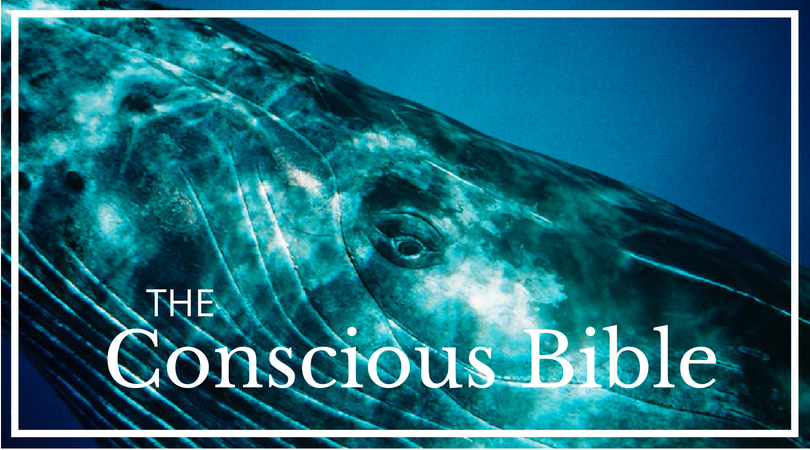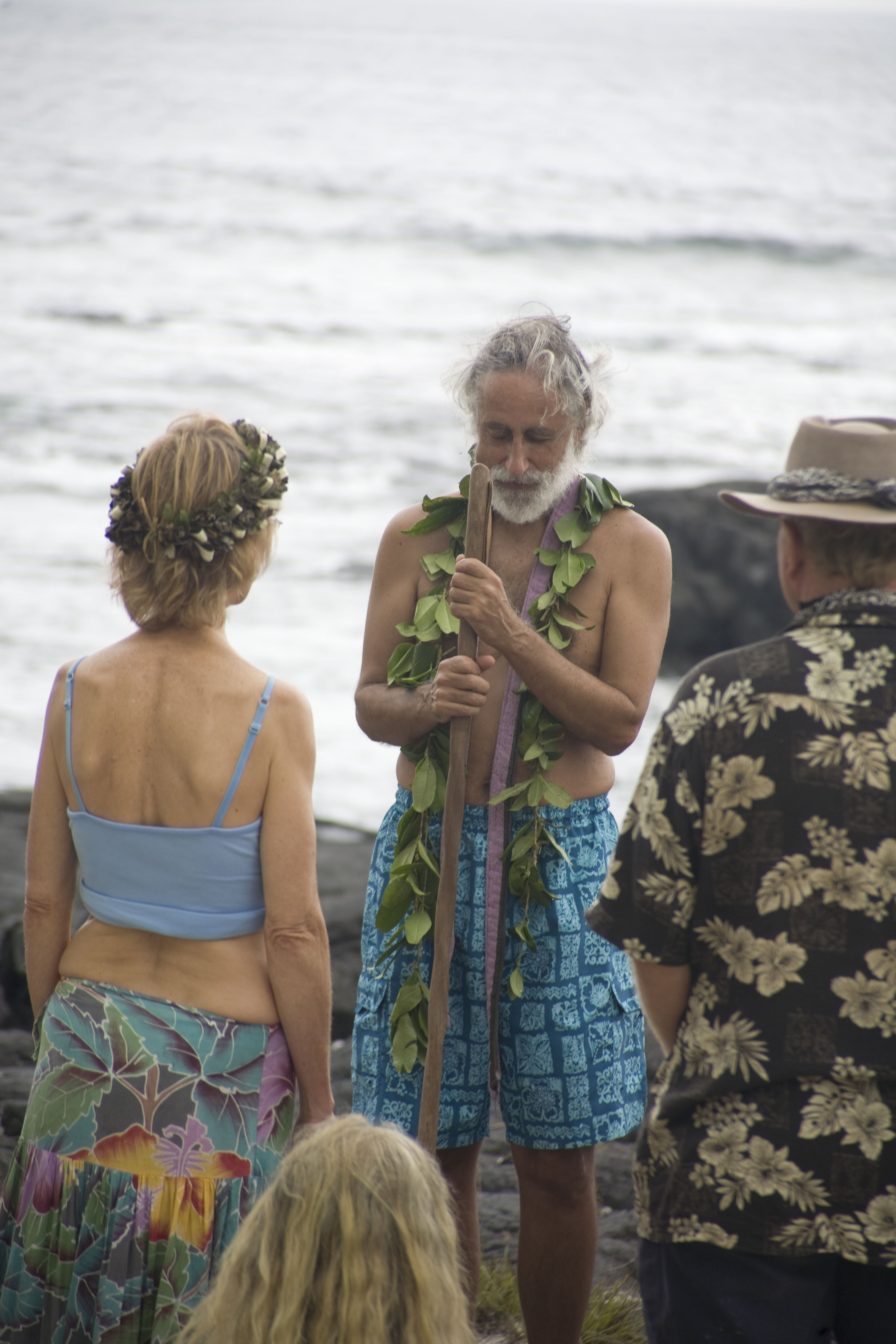“Sixty Minutes” produced a segment on the problems at the nuclear power plant, featuring an interview with an inspector, who had initially brought evidence to Mr. Sinkin.
After the airing of the “Sixty Minutes” program, the national office of the NRC sent a team of inspectors from around the country into the South Texas Nuclear Project.
When the team concluded their investigation, the NRC ordered construction suspended and levied the highest fine in NRC history at that time against the project. The investigation confirmed the allegations brought to the NRC by Mr. Sinkin.
Subsequently, Mr. Sinkin brought evidence of substandard engineering practices to the attention of the NRC licensing board.
At that point, the project managers fired the company responsible for design, engineering, construction, and inspection. The fired company eventually paid more than $700 million in damages to the managing partners.
Overall, Mr. Sinkin spent ten years litigating licensing hearings for nuclear power plants, often assisting in exposing substandard practices and faulty design, engineering, and/or construction.
In the early 1980s, Mr. Sinkin joined the Christic Institute, an interfaith law and public policy center in Washington, D.C. At the Institute, Mr. Sinkin worked on two major cases.
The first case was a racketeering case against the private covert operation that was part of the Iran-contra operation. Six months before Attorney General Ed Meese announced the existence of the secret program, the Institute filed a lawsuit exposing the program and naming many of the major players in the private component, include John Singlaub, Richard Secord, and Albert Hakim.
The second case sought to prevent the launch of the National Aeronautics and Space Administration (NASA) Galileo Mission to Jupiter based on the environmental risks created by the presence of fifty pounds of plutonium on the space shuttle as part of the mission.
After leaving the Institute, Mr. Sinkin moved to Portland, Oregon. There he provided political commentary on a weekly basis to Marlene Smith’s program on KBOO Radio.
In 1992, Mr. Sinkin moved to Hawai’i. There he provided legal advice to the Hawaiian sovereignty movement, working with various groups seeking to restore the independent Kingdom of Hawai’i.
Mr. Sinkin also provided legal advice to the Temple of Lono, a traditional Hawaiian faith driven underground by religious persecution in the early 1800s and emerging from hiding in the early 1970s. Mr. Sinkin is currently assisting efforts by the Temple of Lono and the Kingdom of Hawai’i to reclaim the Pu’uhonua O Hale o Keawe at Honaunau, a sacred site that is now within a national park under the United States National Park Service.
In Hawai’i, he filed another suit challenging NASA’s use of plutonium in the deep space Casini Mission to Saturn.

